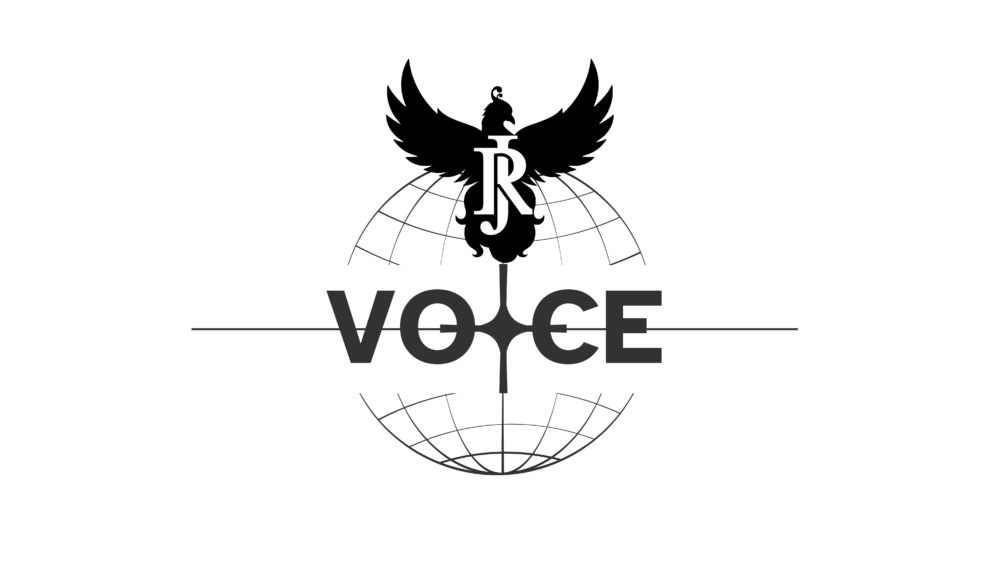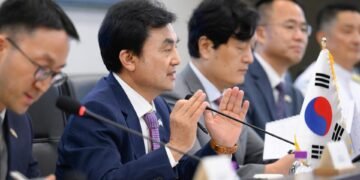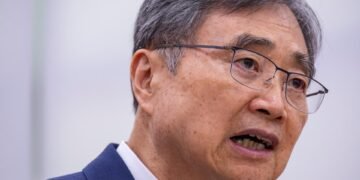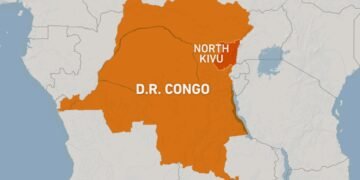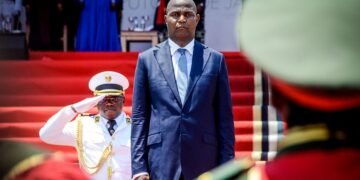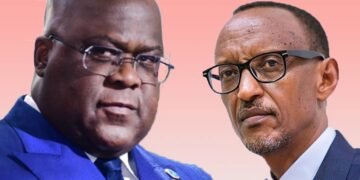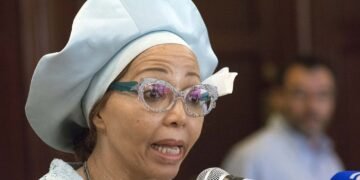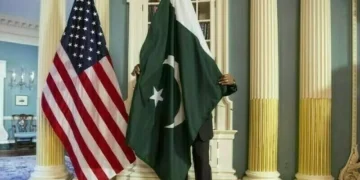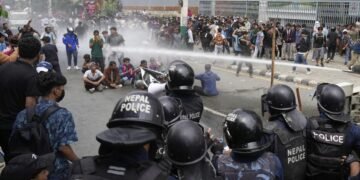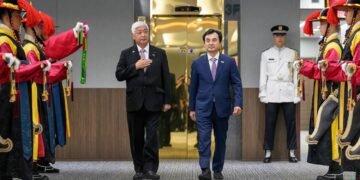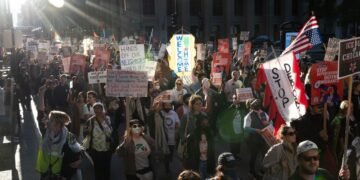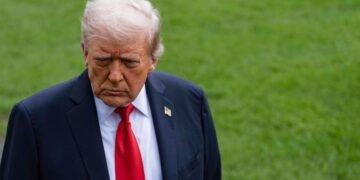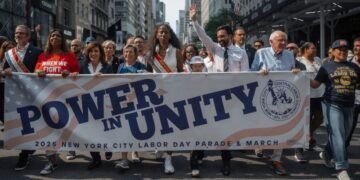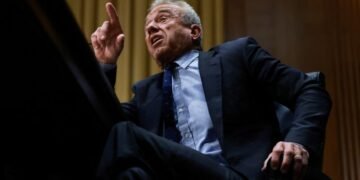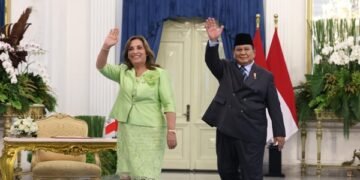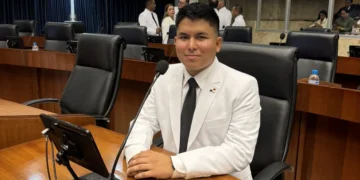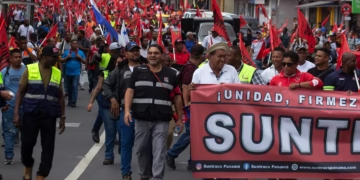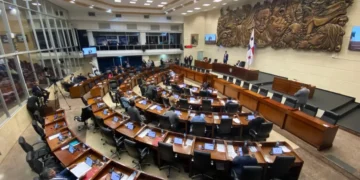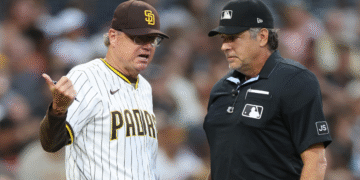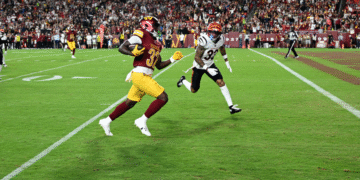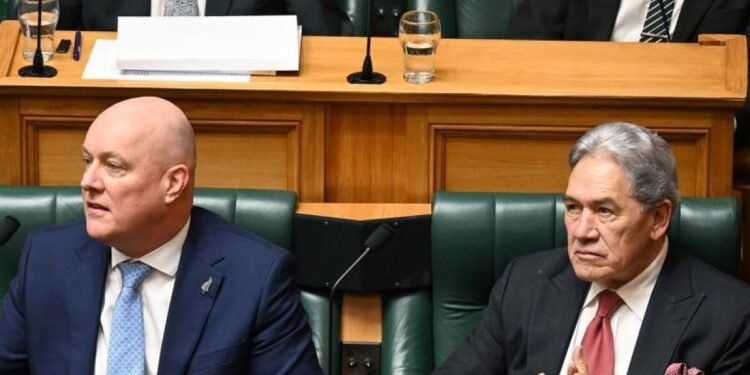Foreign Minister Winston Peters has publicly criticized Prime Minister Christopher Luxon for making international calls regarding the escalating U.S.-China trade war without first consulting him. Peters urged a more measured approach, emphasizing that government leaders should “tone down” their reactions and avoid acting prematurely.
Luxon recently delivered a speech in Wellington where he encouraged stronger cooperation between the European Commission and countries in the Comprehensive and Progressive Agreement for Trans-Pacific Partnership (CPTPP) in response to the global tariff standoff. That same evening, he followed up with a series of calls to Indo-Pacific leaders and EU officials to discuss the potential implications of the tariff hikes, which saw the United States raise levies on Chinese imports from 125% to 145%.
However, speaking from Tonga, Peters criticized the timing and nature of the Prime Minister’s actions. He stressed that leadership requires patience, especially during moments of global economic uncertainty.
“Politicians shouldn’t lose their nerve when markets are jittery. We need to be forward-thinking and prioritize the New Zealand economy—not personal egos,” Peters said.
He noted that he was not consulted before the speech or the outreach and suggested the prime minister reach out next time before making such decisions. “I hope that he’ll get my message and he’ll call me next time,” he said.
Trade Minister Todd McClay downplayed the differences, saying both Peters and Luxon were aligned in their cautious stance. He supported the prime minister’s decision to engage with global leaders, especially those from key trading partners.
Despite reassurances from the government, Peters reiterated his belief that the situation was not as dire as initially portrayed. He maintained that many were “talking too fast” and overreacting. According to him, the emerging developments in the U.S.-China trade dispute appear to be less serious than first feared.
When questioned about Luxon’s suggestion to align CPTPP nations more closely with the European Union to form a trade bloc, Peters dismissed it as premature. “Let’s find out what we’re dealing with before jumping to solutions,” he said.
He also questioned what such a coalition could achieve at this stage, considering the final tariff regime from the U.S. remains uncertain. “If we don’t know what the final terms are, what exactly are we talking about?” Peters asked, suggesting that meaningful discussions could not happen without clear information.
Asked whether Luxon’s actions indicated inexperience, Peters deflected, encouraging reporters to ask the prime minister directly.
Meanwhile, in Hamilton, Luxon responded to the criticism with restraint. He avoided addressing Peters’ comments directly but defended his efforts to connect with global counterparts. Luxon said he was focused on understanding how other leaders interpret the ongoing trade tensions, exploring shared values on trade, and promoting free trade principles.
As tensions rise over international tariffs, it appears New Zealand’s leadership is not entirely unified on how best to respond. While the prime minister pushes for proactive global engagement, the foreign minister is calling for patience and restraint—highlighting a divide within the coalition on how to navigate the uncertain road ahead.

